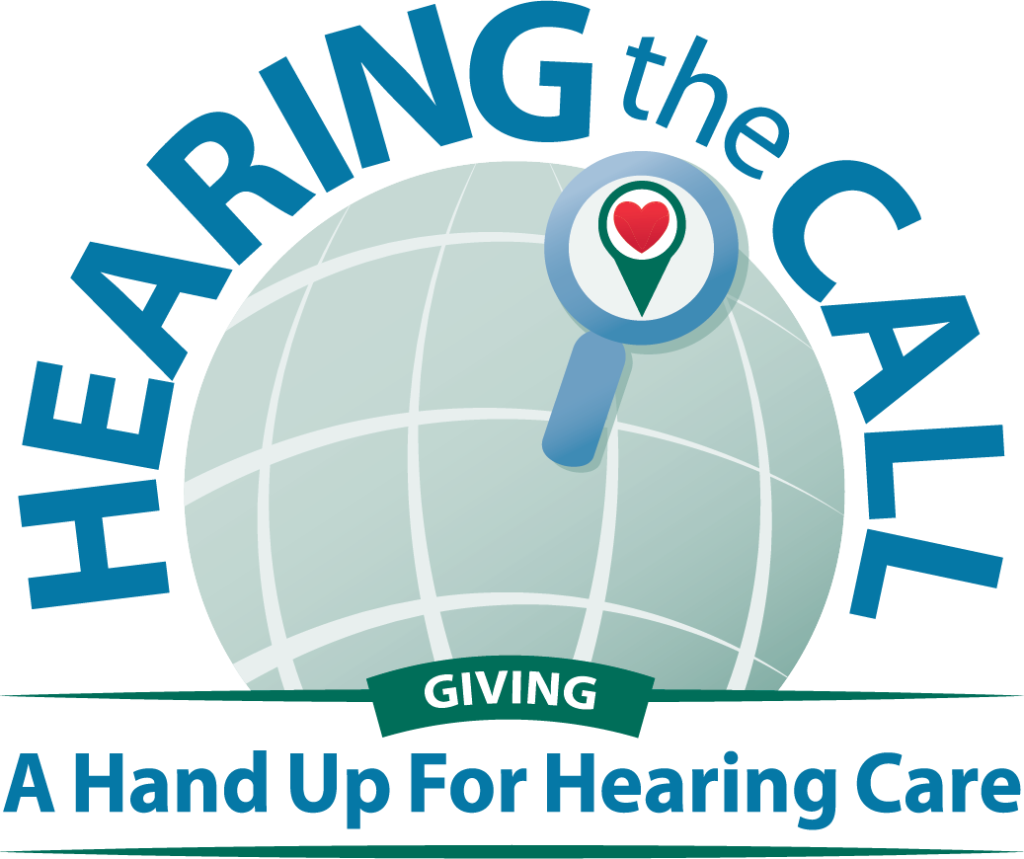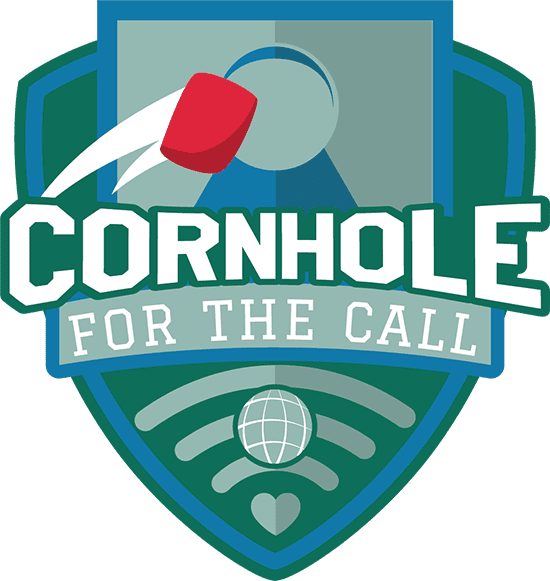Zambia
GO beyond ourselves ~ GIVE from your heart ~ GROW as a community
Zambia
Africa
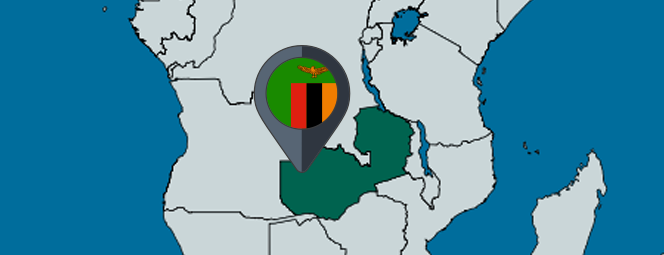
Hearing the Call and Zambia are a perfect match. For more than a decade, they have grown up together. We continue to work on development throughout Africa to bring hearing healthcare to those in need.
Zambia, located in southern Africa, is known for its rich wildlife, stunning landscapes, and natural wonders. It is home to Victoria Falls, one of the world’s largest waterfalls, and offers exceptional safari experiences in national parks like South Luangwa and Lower Zambezi. With its vast savannas, rivers, and friendly people, Zambia is a top destination for adventure seekers, nature lovers, and those looking to explore Africa’s natural beauty.
Zambia Development & Partner
Hearing the Call aims to establish sustainable hearing healthcare in every location it serves. The process begins with immediate relief efforts, followed by collaboration with local partners to identify individuals for long-term solutions through education and training. As development continues, we provide essential equipment and resources, empowering the local community to deliver ongoing care with our support. This approach ensures lasting impact and local self-sufficiency in hearing healthcare.
Must-See Attractions
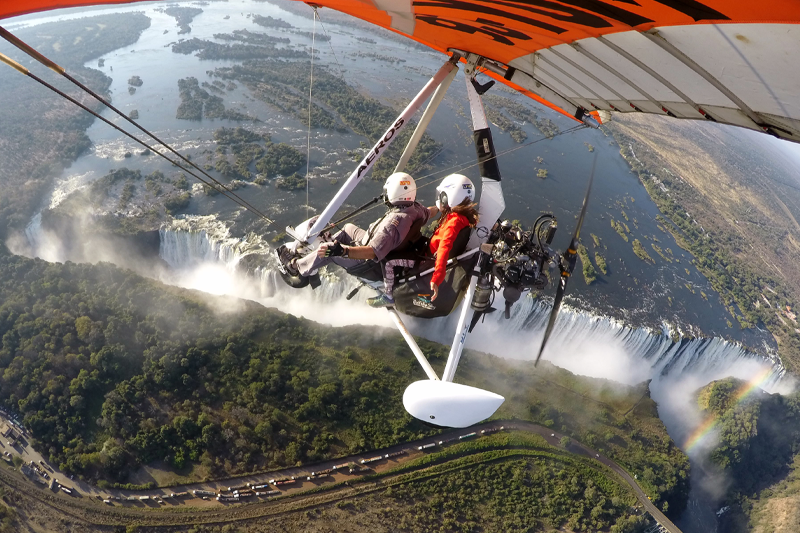
Victoria Falls
Victoria Falls, located on the border between Zambia and Zimbabwe, is one of the largest and most spectacular waterfalls in the world. Known locally as “Mosi-oa-Tunya” or “The Smoke That Thunders,” it plunges over 100 meters into the Zambezi River, creating a stunning mist and roaring sound. A UNESCO World Heritage Site, Victoria Falls is a must-see destination for its breathtaking beauty and opportunities for adventure activities like rafting, bungee jumping, and helicopter tours.
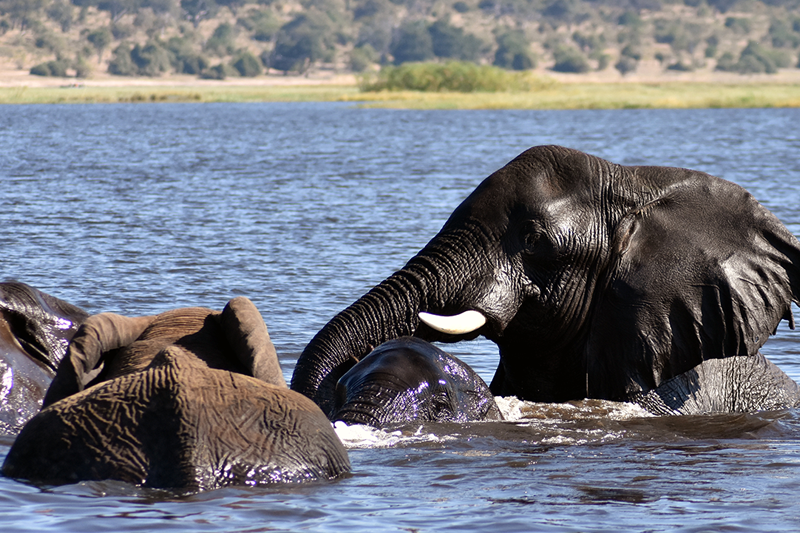
Chobe National Park
Chobe National Park, located in northern Botswana, is renowned for its vast wildlife, particularly its large elephant population. The park is home to a diverse range of animals, including lions, leopards, buffalo, and hippos, as well as hundreds of bird species. The Chobe River runs through the park, offering spectacular boat safaris with opportunities to see animals up close. Known for its rich biodiversity and stunning landscapes, Chobe is a top safari destination in Africa.
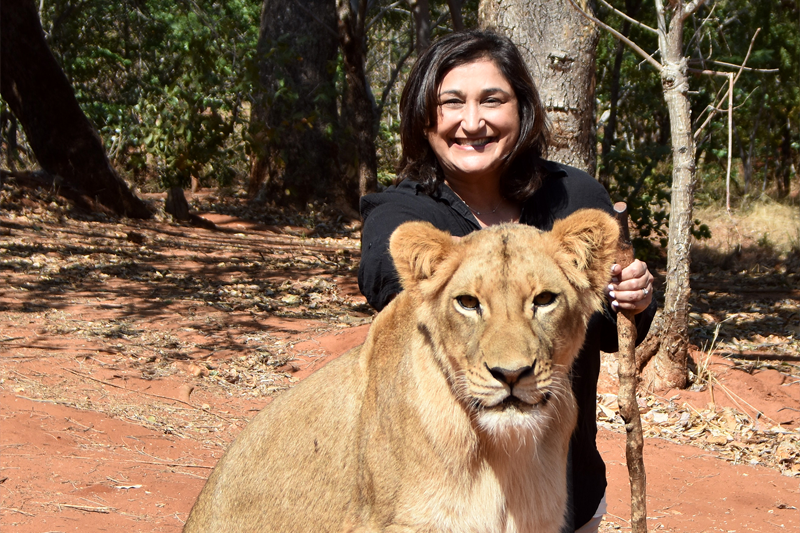
Livingstone
Livingstone, located in southern Zambia, is a vibrant town best known as the gateway to the magnificent Victoria Falls. It offers a mix of adventure activities, such as rafting on the Zambezi River, bungee jumping, and wildlife safaris. Steeped in colonial history, Livingstone also features museums and markets that showcase Zambia’s rich culture. Its proximity to Victoria Falls makes it a popular destination for travelers seeking both natural beauty and outdoor adventure.

Expert Guidance to Help You on Your Trip
Visa Information
No Visa is REQUIRED at this time for citizens of the United States to enter Zambia.
Flight Information
Please arrive by midday or earlier on Day 1 to allow for flight delays. You will fly in to Lusaka (LUN). HTC will arrange a flight from Lusaka to Livingstone for Victoria Falls. You will depart from Livingstone (LVI).
Electrical Information
Power plugs and sockets (outlets) of type C, type D and type G.
The standard voltage is 230 V at a frequency of 50 Hz.
Click Here
The standard voltage is 230 V at a frequency of 50 Hz.
Additional Trip Information
According to the Center for Disease Control (CDC) website www.cdc.gov, there are no required vaccines for Zambia, but make sure your routine vaccinations are up-to-date. Please refer to the following CDC website for information on Zambia.
One of the first things you have to be aware of on any international trip is the necessary vaccines. Some of the vaccines are hard to get in a quick time frame. Please make sure you read and check the CDC website for information on vaccines immediately.
As we travel internationally, we may be exposed to certain diseases that are rare in the United States. Fortunately, the risk of catching these diseases is still quite low since we will be on site for only a short time and will be eating properly prepared food, etc. However, since it is impossible to eliminate all risk, there are a variety of vaccines and immunizations that provide prevention against many of the most serious infectious diseases in the world that we ask each delegation member consider receiving.
Most expenses will be prepaid for you including: ground transportation, medical evacuation insurance, hotel room accommodations, translators and team meals.
Each volunteer is financially responsible for paying for and obtaining a passport and visa (if necessary), receiving any necessary immunizations, all food/beverage items in all airports and outside team meals, and any other personal expenditures/shopping during the trip.
You will want to take enough cash with you for personal shopping. Bring U.S. currency that is as new as possible and undamaged. Traveler’s checks and credit cards (VISA or Master Card) will be good in airports, major hotels and many shops, but cash is the easiest and most convenient method of payment.
You will be able to exchange money locally. Please bring new $100 bills. You will get a better exchange rate than smaller bills, and they don’t take older money.
The currency in Zambia is the Kwacha. To find the most up-to-date currency conversions, please go to XE Currency convertor.
Here are some helpful guidelines concerning the safety and security of your personal items:
Be mindful of how you carry your purse or where you place your wallet. Men, keep your wallets in a front or zippered pocket, as keeping it in your back pocket will make it susceptible to pickpockets. Ladies, keep purses across your chest or use a fanny pack (keeping your hands free is also wise).
An under garment money belt worn around your waist is a safe way to carry your personal cash or passport.
Stay with a group of people at all times – always go somewhere in pairs.
Take a minimal amount of jewelry with you – nothing flashy.
Be a confident traveler even if you are unsure or uneasy in a certain situation; confidence and calmness is key.
We also suggest that you make copies of all flight itineraries, wallet contents, passport, visa, etc. and carry copies in a separate, secure location. It would also be a good idea to leave copies of everything with someone at home also, just in case. These copies could prove invaluable should your personal documents be lost or stolen.
We hope you will enjoy the local cuisine. Most meals will be eaten at a hotel or local restaurant. All foods that will be provided to you should be well prepared and safe for you to eat.
Meals are supplied on clinic days, but not on travel or recreation days.
As far as drinking water is concerned, to be on the safe side, always drink bottled water and brush your teeth with bottled water at the hotel. Avoid ice. Bottled water will be available.
You may want to take some personal snack items with you – good items to take include granola bars, dried fruit, and trail mix.
WEATHER:
Zambia has a tropical climate with three main seasons: a hot and dry season from August to October, a rainy season from November to April, and a cool, dry season from May to July. Temperatures vary across the country, with hotter weather in the lowlands and more temperate conditions in higher areas. The rainy season brings lush greenery and is ideal for birdwatching, while the dry season offers excellent wildlife viewing as animals gather around water sources.
For further information about weather, please consult these sites: Weather.Com and Weather Underground.
TIME ZONE:
Lusaka is in the Central Africa Time zone and does not observe daylight-savings time.
Click here to view the current time in Zambia.
Clinic Dress Code
Please wear long pants and the team t-shirts provided by our partners. We have found that breathable type pants by Eddie Bauer or Columbia are a good option for hot clinic days (jeans are fine). You will receive TWO clinic t-shirts on the first day of the trip. You may be able to do laundry (for a small fee) at the hotel; we also recommend bringing a mini bottle of detergent (can be purchased at the travel section) to do laundry in your room.
Bring comfortable shoes to wear. No open toe shoes for clinics.
No shorts in the clinic.
Before/After Clinic
There will be time for recreation (going out, dinner, etc.) after clinic days.
Bring a fleece jacket for the mornings and evenings when it could get cool. Days will be fairly warm.
Day-Off
On our day off, it is fine to dress like an American tourist. Please keep jewelry to a minimum.
Here is a one week packing list as an example. You can click here to get a printable list.
Clothing
4 – Pants
5 – Shirts
8 – Pairs Socks
2 – Clinic Shirts (will be provided)
2 – PJ’s
Walking Shoes
Windbreaker or Light Jacket
Swimsuit (if needed)
Sandals
Toiletries
Shampoo
Conditioner
Toothbrush
Toothpaste
Razor
Hair Things
Brushes
Sunscreen
Bug Spray
Lotion
Sunglasses
Kleenex
Imodium
Advil
Any Medications Needed
Miscellaneous
Cash
Passport
Passport Holder
Bank Card
Credit Card
Pen (to fill out forms)
Neck Pilow
Phone Chargers
Computer chargers
Converter/Transformer
Laundry Detergent
Wine Opener (for others)
Head phones
